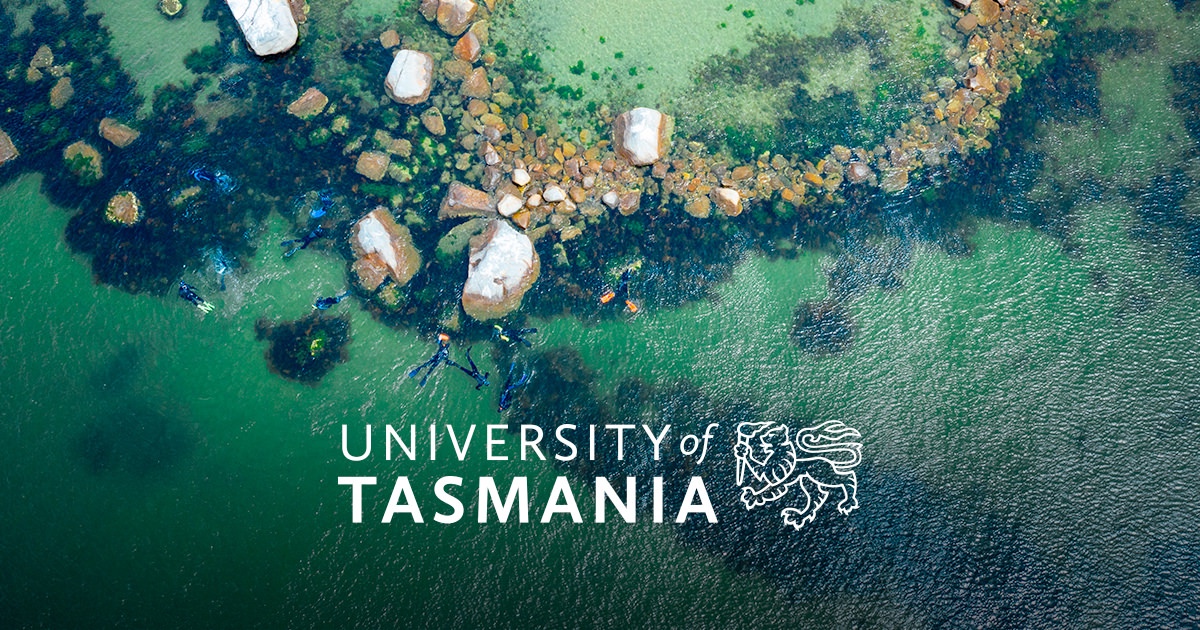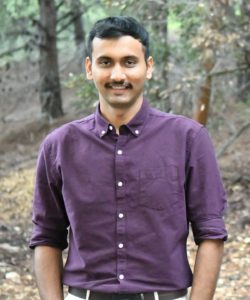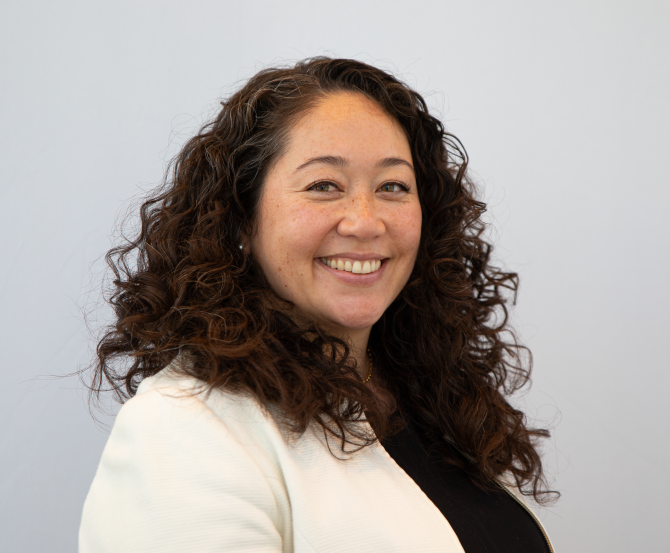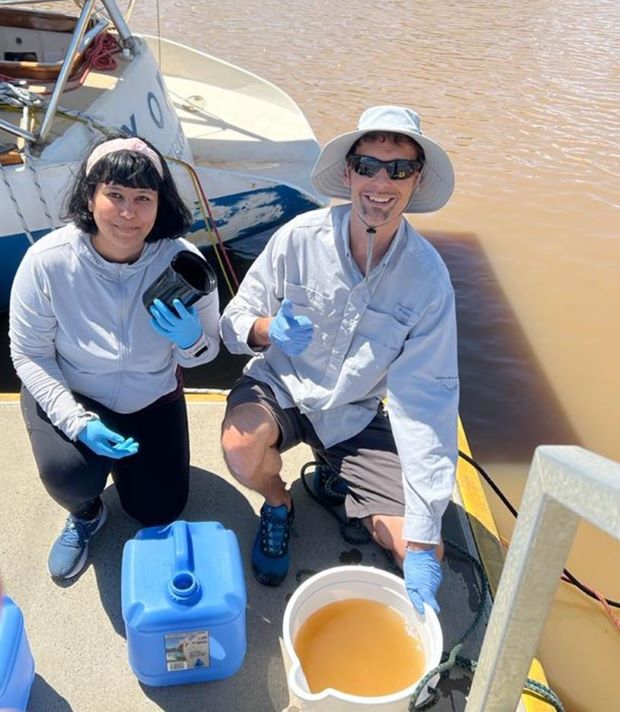More First Nations families now have access to culturally safe maternal healthcare in North East Arnhem Land thanks to a growing workforce of Djäkamirr.
Djäkamirr are First Nations skilled companions and caretakers of pregnancy and birth, who use Yolŋu and western knowledges to support women in Birthing on Country.
First Nations women and their babies experience poorer health outcomes compared to non-Indigenous mothers and their babies.
The rate of preterm birth in First Nations mothers is almost double that of non-Indigenous mothers (14.1 per cent in First Nations mothers, compared with 7.9 per cent in non-Indigenous mothers in 2021).
As part of its commitment to Closing the Gap, the Albanese Labor Government is investing $6 million in funding in the Djäkamirr Birthing on Country Project in Galiwin’ku.
Birthing on Country models of care, such as the Djäkamirr Project, directly contribute to improving Closing the Gap, in particular Target 2 – By 2031, increase the proportion of Aboriginal and Torres Strait Islander babies with a healthy birthweight to 91 per cent.
As well as improving maternal health outcomes and seeing more babies born at healthy birthweights, the Djäkamirr Project aims to boost long-term employment opportunities for local health workers.
The Assistant Minister Malarndirri McCarthy visited Galiwin’ku on Wednesday 19 June to meet the graduates of the Djäkamirr Project.
She also attended the Yota Dokitji – New Birth Galiwin’ku Knowledge Exchange and Project Showcase event.
The Djäkamirr program is funded as a part of the Australian Government’s investment of more than $32 million for Healthy Mums Healthy Bubs budget measure to grow the maternity health workforce and support Birthing on Country.
Quotes attributable to Assistant Minister McCarthy
“Our commitment to Birthing on Country is a key part of Closing the Gap in maternal health care.
“We know that Birthing on Country contributes to better health outcomes for First Nations mothers and babies, including a 50% reduction in preterm birth rates.
“Djäkamirr are essential to make sure the Yolŋu cultural ways are passed to the next generation of pregnant Yolŋu women.
Quotes attributable to Associate Professor Elaine Ḻäwurrpa Maypilama:
“The women from Galiwin’ku feel strongly in our hearts that our knowledge can guide the way, and together with Balanda we can make change for our mothers, babies and families.
“We thank Assistant Minister McCarthy for coming to our lands and being present for knowledge sharing. We ask our message and our knowledge be shared with the change makers in Canberra, the Prime Minister and the Health Minister. We need you listen to our voices.
“Our future generations of Yolŋu women and babies will thrive and flourish if we use our rich ancestral knowledge and build a strong future. We know our community can walk a strong path forward together.
Quote attributed to Professor Sue Kildea, Director of Research and Innovation at the Molly Wardaguga Institute for First Nations Birth Rights:
“This initiative provides governments with an opportunity to ensure reproductive health justice for Yolŋu women and families.
“It is an absolute game changer that is likely to have lifelong impact and change the way we deliver services across Australia – a landmark in cultural recognition and the blending of western and Yolŋu knowledges and culture.”

.jpeg/_jcr_content/renditions/cq5dam.web.1280.1280.jpeg)






